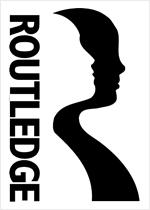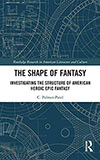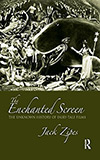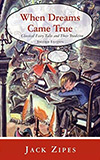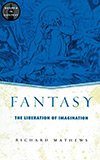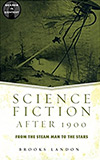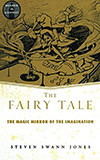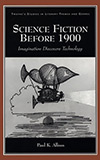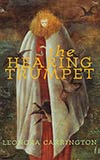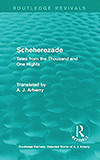Routledge
| Founded: |
1836 |
| Founded by: |
George Routledge |
| Location: |
England |
| Titles/Circulation: |
0 |
| Links: |
|
History
The firm originated in 1836, when Camden bookseller George Routledge published an unsuccessful guidebook, The Beauties of Gilsand with his brother-in-law W H (William Henry) Warne as assistant. In 1848 the pair entered the booming market for selling inexpensive imprints of works of fiction to rail travellers, in the style of the German Tauchnitz family, which became known as the "Railway Library".
The venture was a success which was mainly due to the mass hysteria in the 1840s due to Railway Mania and it eventually led to Routledge, along with W H Warne's Brother Frederick Warne, to found the company, George Routledge & Co. in 1851. The following year in 1852, the company gained lucrative business though selling pirated reprints of Uncle Tom's Cabin, which allowed for it to be able to pay author Edward Bulwer-Lytton £20,000 for a 10-year lease allowing sole rights to print all 35 of his works including 19 of his novels to be sold cheaply as part of their "Railway Library" series.
The company was restyled in 1858 as Routledge, Warne & Routledge when George Routledge's son, Robert Warne Routledge, entered the partnership. Frederick Warne eventually left the company after the death of his brother W H Warne in May 1859. Gaining rights to some titles, he founded Frederick Warne & Co in 1865, which became known for its Beatrix Potter books. In July 1865, his son Edmund Routledge became a partner, and the firm became George Routledge & Sons.
However, by 1902, the company was running close to bankruptcy, but, following a successful restructuring, was able to recover and began to acquire and merge with other publishing companies. These early 20th-century acquisitions and mergers brought with them lists of notable scholarly titles, and it is from 1912 onwards that Routledge & Kegan Paul, as the company name, became increasingly concentrated on and involved with the academic and scholarly publishing business. It was soon particularly known for its titles in the social sciences.
In 1985, Routledge & Kegan Paul joined with Associated Book Publishers (ABP), which was later acquired by International Thomson in 1987. Under Thomson's ownership, Routledge's name and operations were retained, and, in 1996, a management buyout financed by the European private equity firm Cinven saw Routledge operating as an independent company once again. Just two year later, Cinven and Routledge's directors accepted a deal for Routledge's acquisition by Taylor & Francis Group (T&F), with the Routledge name being retained as an imprint and subdivision. In 2004, T&F became a division within Informa plc after a merger. Routledge continues as a publishing arm and imprint under the T&F division, with a majority of its titles' issued as academic humanities and social science books.
Works in the WWEnd Database
| 2019 |
 |
|
|
|
| 2010 |
 |
|
|
|
| 1999 |
 |
|
|
|
| 2002 |
 |
|
|
|
| 2002 |
 |
|
|
|
| 2002 |
 |
|
|
|
| 2002 |
 |
|
|
|
| 2015 |
 |
|
|
|
| 2014 |
 |
|
|
|
| 1983 |
 |
|
|
|
| 1976 |
 |
|
|
|
| 2016 |
 |
|
|
|
| 1908 |
 |
|
|
|
|
|
|
|
|
Authors Published
• Joseph Grixti
• Jack Zipes
• Charul Palmer-Patel
• Colin Greenland
• Herbert Wells
• Leonora Carrington
• Paul Alkon
• Kathryn Hume
• Arthur Arberry
• Richard Mathews
• Brooks Landon
• Steven Jones



















 Full Details
Full Details

